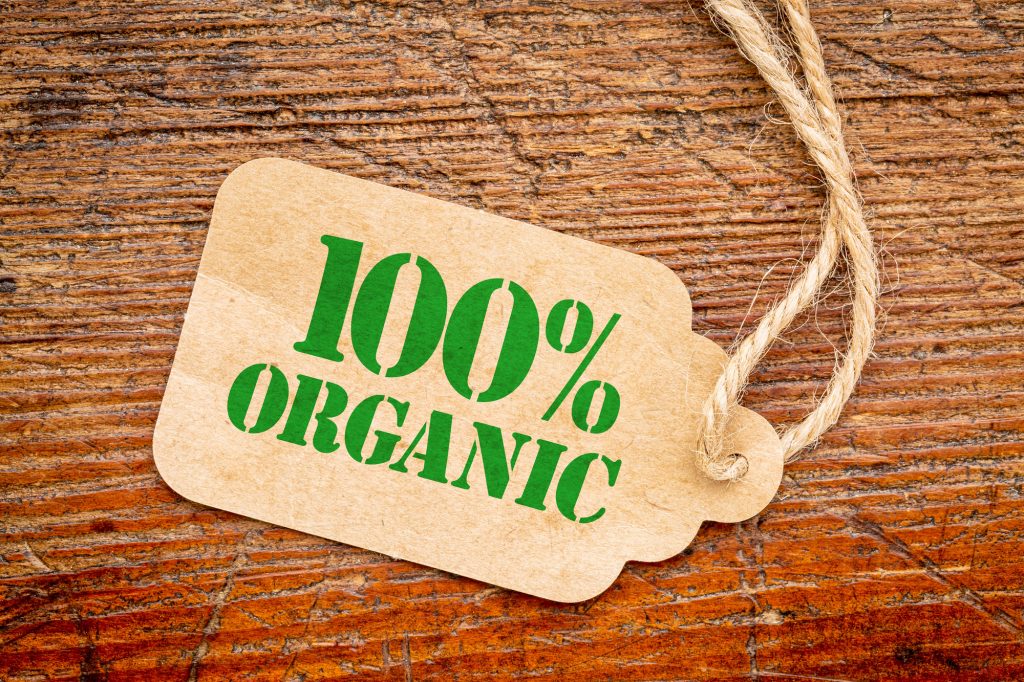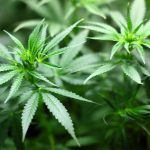Understanding the Organic Label: How to Tell if Your Food is Really Organic
Organic is all the rage. Many people buy organic food, believing it’s better for them and for the environment.
Because of the demand, there’s organic everything. Even your clothes and bath products are organic.
But is all of this stuff really organic? Millions of people live on the planet earth and ground-grown products aren’t enough to provide for all of the consumers.
Very few products are truly organic, so you need to know how to find organic products.
Let’s take it simply and focus on finding the best and highest quality organic food. Here’s how to read the organic label and determine if food is truly organic.
What Is “Organic?”
Organic, in a nutshell, is a sustainable agricultural method. These food items and products aren’t made with the harmful chemicals and pesticides conventional food products contain.
A food or product has to pass a certification to be called “organic.” This certification is timely and expensive, which is why organic products are more expensive.
When speaking to American consumers, the USDA omits certain ingredients that aren’t organic but are allowed in organic products. This includes organically growing marijuana, the way Mission Organic does.
How to Identify Organic Fruits and Vegetables
Fruits and vegetables are staples in eating a healthy diet. But your healthy eating measures are ruined when you eat fruits and vegetables loaded with pesticides.
To know if the produce is organic, there’s one major place to look: the price.
No, not because the price of organic fruits and vegetables is more expensive (even though it oftentimes is). The price lookup sticker, or PLU, will contain a five-digit code beginning with the number 9.
All produce has a PLU sticker. This sticker identifies every aspect of the product, including the size of the product and the growing method.
Identify Local Organic Food
Many people are shopping at local businesses, such as farmer’s markets and local butchers. This helps support local businesses, contributes to the local economy, and you’re guaranteed to have fresh food.
But just because it’s local doesn’t mean it’s organic.
For example, many farmer’s markets boast of carrying local organic food. In reality, this can be false and they can purchase their produce from major consumers or different states or countries.
There are strict penalties when a farmer falsely claims their produce is organic — but that doesn’t mean they don’t slide by the rules.
Research is what counts. No matter where you shop, check their websites and their reviews.
If anything is labeled organic, ask to see a copy of their certification paperwork. Always read the ingredients.
The Organic Label May Not Always Be Accurate
To have the organic label on food products, a certification process is required. But many pesticides and chemicals can still bypass organic laws.
As a consumer, make sure you research and verify the food you buy is truly organic.
Read labels and speak to the company or farmer whenever necessary. Whether it’s your produce or meat, eating true organic food will benefit your health in the long-run.
For more educational advice, visit our blog.



